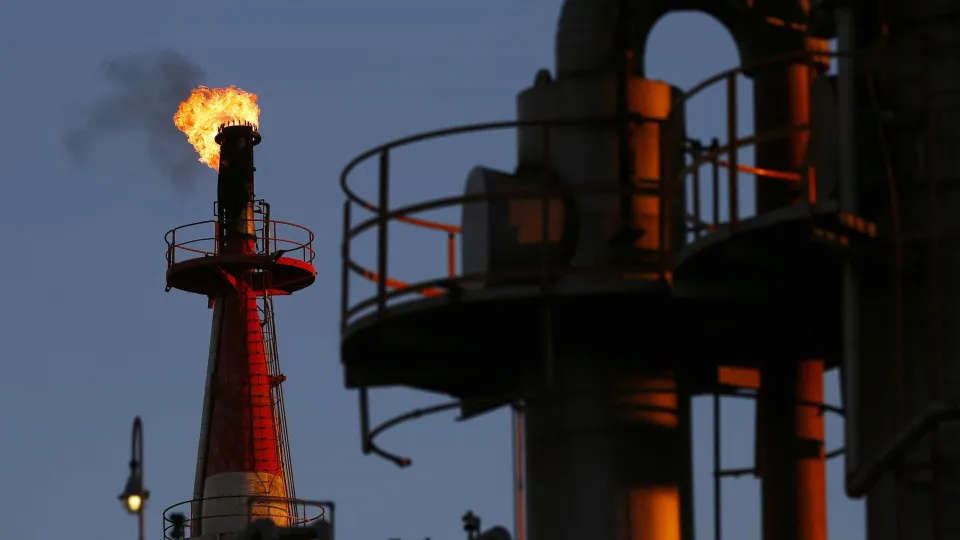Portugal recently headed to the polls for the second time in just over a year, bringing significant changes to its national political scene. The coalition of PSD/CDS-PP, known as the AD, has strengthened its position, while this electoral exercise profoundly impacted the Socialist Party (PS), which now risks being overtaken by Chega, leading to the departure of Pedro Nuno Santos. Politologist José Adelino Maltez remarks that the PS “has not died and has a future,” while Chega is still “a party under construction,” dismissing the notion of the end of bipartisanship in Portugal.
In an interview, José Adelino Maltez emphasizes that “the best outcome” of these elections is the continued evolution of universal suffrage. “Everything proceeded as it has for the past 50 years, with free and pluralistic elections remaining the backbone of the Portuguese system,” he underscores.
Relating to the results, the university professor and researcher assert that there is no reason for doubt, confirming that “we continue to be Europeanists,” with the election outcomes aligning with recent patterns seen in other countries, particularly concerning the growth of parties like Chega.
However, he warns against exaggerating claims of the “end of bipartisanship.” “It’s not that straightforward, as a party must be strong in municipalities, Parliament, and Presidency. The fact is that Chega still lacks the organizational foundation of the PSD and PS. Chega remains a party in development. It has potential but needs work. It’s a problem of a party still under construction,” he explains.
Despite achieving an “excellent result” in these elections, Chega now faces the challenge of delivering in municipal elections, a “complex task,” he notes.
“Ventura now has room to build. There’s a need to establish a presence in the territory and among people, forming a team that currently lacks structure. What if Ventura had faced a severe issue that forced him out of public life last week? Chega would be in a very difficult situation,” he indicates.
Maltez observes that Chega had previously been under a “sanitary cordon,” with individuals hesitant to openly represent the party. “That is no longer the case. It now has opportunities to build. Today, to be in power, a party must be an internal federation of interest groups and pluralistic. Chega needs a liberal wing, a reactionary wing valuing Catholic principles and causes. They have much work ahead, and this potential pluralism within Chega can be successful,” he elaborates.
“The PS is not dead and has a future”
Concerning the socialists, defeated in this election, Maltez is convinced that the “PS is not dead and has a future,” noting the party has a “well-stocked warehouse” of potential successors to Pedro Nuno Santos. Furthermore, he infers that the leaders heading the major Portuguese political forces are not “men of genius, but rather common men.” “They are nothing extraordinary. Hence, they have suffered with the emergence of leaders of greater personal quality and preparation. There is a lack of charismatic distinction within the PS and PSD. This one could be replaced by another,” he claims.
In his view, this type of occurrence is possible. “A week ago, Pedro Nuno was a giant leading an excellent campaign, garnering support, and suddenly, he read the results and realized he wasn’t the right man for the PS’s immediate future. This isn’t complicated because the PS has a warehouse of potential leaders ready to step out of their private lives and engage in the field full-time, if they have the courage to embrace politics,” he asserts.
Maltez also emphasizes that any government is “subject to natural wear, corruption, and incidents,” which could suddenly disconnect it from the populace, as happened with António Costa. At that point, the “PS maintains its significance.”
Moreover, he believes that the socialists bear a responsibility “that transcends the party itself and spans across the entire Left, which has faced setbacks, like the BE and the PCP.”
“The PS holds a significant responsibility and will respond accordingly, as it naturally harbors hope,” he concludes.
The results announced by the Secretary-General of the Ministry of Internal Administration (SGMAI) for the national territory indicated that the AD emerged as the winner of these elections, securing 86 deputies, excluding the emigrant circles yet to be tallied. Additionally, the coalition comprising PSD, CDS-PP, and PPM in the Azores secured three deputies. Overall, these two coalitions now hold 89 deputies.
Conversely, both the PS and Chega each secured 58 deputies, whereas the IL now holds 9 seats.
On the Left, Livre was the sole victor, securing six deputies, while the CDU (PCP/PEV) decreased from four to three deputies.
Meanwhile, the Bloco de Esquerda is reduced to a single deputy (the party’s coordinator, Mariana Mortágua), and PAN retained Inês Sousa Real.
Newcomer Juntos Pelo Povo (JPP) succeeded in electing Filipe Sousa.
The current composition does not yet include expatriate voters, whose participation and preferences will be disclosed on May 28.

The night was full of surprises as AD managed to reinforce its position. However, the runner-up and future opposition leader remain uncertain until the votes of expatriate residents are finalized. Pedro Nuno exits the political scene, and the Left was significantly defeated in these elections.
Notícias ao Minuto with Lusa | 08:47 – 19/05/2025




